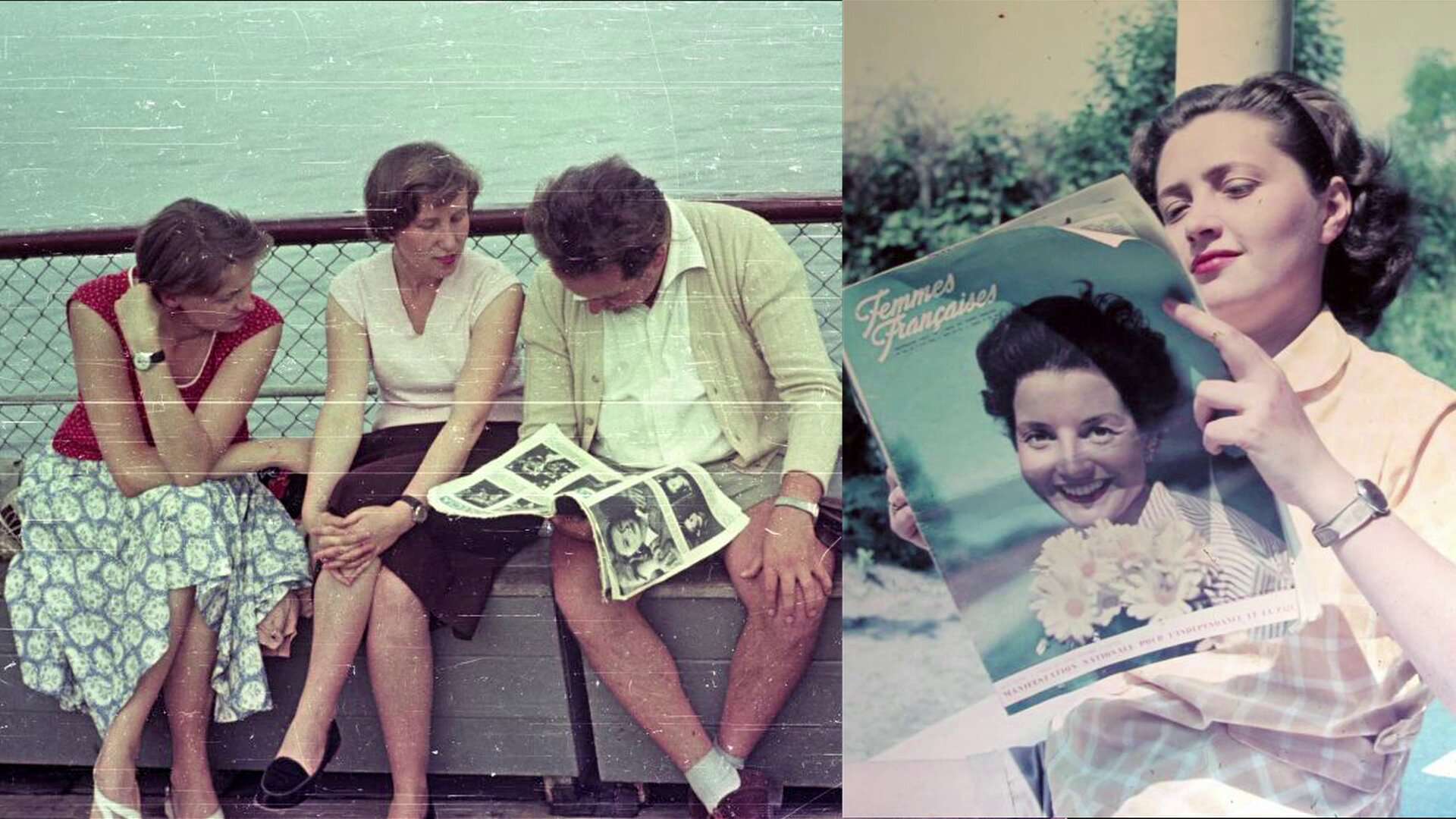‘The illiterate of the future, it has been said, will not be the man who cannot read the alphabet, but the one who cannot take a photograph. But must we not also count as illiterate the photographer who cannot read his own pictures?’
Walter Benjamin (1931, A Short History of Photography, translation by Stanley Mitchell)
Curated by André Raatzsch


Politics of Photography | pho_00054_m1_i1 Rights held by: André Raatzsch — Erika Trammer | Licensed by: André Raatzsch — Erika Trammer | Licensed under: CC-BY-NC-ND 4.0 International | Provided by: RomArchive The images cited in the film were kindly provided by: György Buzás Jánonsé Buzás József Buzás Sándor Buzás Palkó Lászlóné Mária Raatzsch Jürgen Raatzsch György Stalter Jánosné Turkacs Rozália Treiber Chad Evans Wyatt Burt Glinn – Agentur Focus / Magnum Photos Josef Koudelka – Agentur Focus / Magnum Photos Hungarian Film Office - Magyar Film Iroda Museum of Ethnography – Budapest Fortepan – Online Photo Archive Florian Schuh – Picture Alliance Rhein Neckar Zeitung
Reality is being equated more and more with that what is portrayed in the media, in film and photography. It is, however, up for debate whether this really constitutes reality.
It is our responsibility and our democratic right to decide what we see in images: do we see ‘strangers’ or ‘fellow citizens’? Will there ever be a European politics of images in which we are able to better explain the complex connections between our society and our history?
A politics of images, in which the medium of photography can serve to re-establish our own self-image – a self image that promises us a future.
We need photographs that show our human dignity, that make visible for all the memories that have been lost or banished from collective consciousness; images of Sinti and Roma which link together the lost knowledge of our mutual experiences of European history and which place our common fates into the foreground.
Will there ever be a time in which the codifying glance of dominant representational strategies is altered and in which a politics of images is created where photographs are utilized to promote equal rights and human dignity?
All who create media, all who make images, who view them or those who have images taken of themselves, they all face the enormous challenge of developing a common politics of images, one that promises a better future for us all.
Rights held by: André Raatzsch (text) — Golda Fischer (translation) | Licensed by: André Raatzsch (text) — Golda Fischer (translation) | Licensed under: CC-BY-NC 3.0 Germany | Provided by: RomArchive



